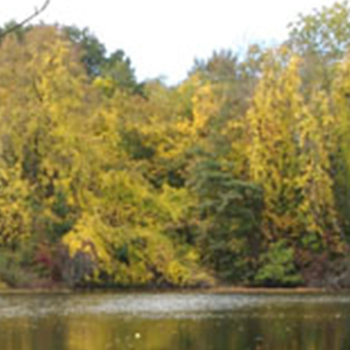
Learning to Think About Ecosystems using the NGSS Crosscutting Themes
COST: $30, scholarships available
Helping students to learn about ecosystems presents many challenges. There are many embedded science concepts, new vocabulary to master, and the complex causal dynamics are hard to understand. Trying to teach ecosystems concepts and dynamics in the classroom often results in reducing their authenticity and complexity.
Presenter: Tina Grotzer, Principal Research Scientist in Education, Harvard Graduate School of Education
Helping students to learn about ecosystems presents many challenges. There are several embedded science concepts and new vocabulary to master, and the complex causal dynamics are often hard to understand. Additionally, trying to teach ecosystems concepts and dynamics in the classroom often results in reducing their authenticity and complexity. In this workshop, educators will explore how using a technology-based curriculum, EcoXPT, to teach complex causal dynamics within ecosystems helps students learn how to think about the features of environmental problems. This learning can transfer broadly to other complex science problems such as climate change or evolution, and the "thinking moves" students learn are widely applicable in science, math, and many other disciplines. While complex causal reasoning is present in the curricula across disciplines and ages of learners, this workshop will best support educators working in grades 5 through 10.


-
-
-
-
-
-
Support PZ's Reach